Supreme Court Rules Immigrants Can Be Held Indefinitely Without Bond
Immigrants in detention remain one of the most vulnerable groups in American society. Unlike individuals charged with a crime, immigrants in detention are not entitled to an attorney and are often held in facilities far from their families and community. Those who choose to fight their cases are often detained for months or even years while navigating a labyrinth of complex laws in order to obtain relief from deportation.
A critical fight for immigrant rights advocates in the last decade has been ensuring that immigrants who face prolonged detention are provided bond hearings as an opportunity to be released back to their communities while they fight their cases. Release from detention can be critical to mounting a successful defense against deportation. It can greatly influence whether an individual pursues viable legal claims that can take years to resolve.
Unfortunately, the fight to preserve the right to a bond hearing was dealt a critical blow by recent rulings handed down from the Supreme Court. In just one of several decisions that have undermined civil rights and constitutional protections in recent weeks, the Supreme Court has ruled that the federal government can detain immigrants for months or even years without a bond hearing.
The case, Garland v. Gonzalez, was decided on June 13, 2022, with a 6-3 decision in favor of the federal government. The decision reviewed rulings by the Third and Ninth Federal Circuit Courts, holding that bond hearings were required for immigrants detained longer than six months while in immigration proceedings.
The case consolidated two class action lawsuits involving immigrants facing prolonged detention and seeking bond hearings. Class action lawsuits are a means by which a civil lawsuit is brought by a group of people who have suffered a common injury or harm and allows relief issued by a court to cover everyone in that class.
The court's ruling focused on whether federal immigration laws under the Immigration and Nationality Act barred legal injunctions for a class of individuals bringing a legal claim. Specifically, the court focused on a provision in the Immigration and Nationality Act, 8 U.S.C. § 1252(f)(1), with Justice Samuel Alito stating that the statute “generally prohibits lower courts from entering injunctions that order federal officials to take or to refrain from taking actions to enforce, implement, or otherwise carry out the specified statutory provisions.” See Garland v. Gonzalez, 596 U.S. ___ at 5 (2022).
The court found that the statute bars injunctive relief for an entire class but ruled that individuals may still be entitled to it on their own on constitutional grounds. While individual remedies may be available, the ruling by the Court is a setback for immigrants fighting prolonged detention.
Justice Sotomayor noted in her dissent that the decision “risks depriving many vulnerable noncitizens of any meaningful opportunity to protect their rights.”
Advocates who have worked with their clients for years to argue the case were disappointed by the ruling but vowed to fight on and pursue claims under the constitutional grounds left open by the decision.
Matt Adams, who argued the case on behalf of the Northwest Immigrant Rights Project, reacted to the ruling by stating: “The Supreme Court has turned its back on its prior interpretation of the statute, which required a custody determination after six months. To now find that the statute allows for indefinite detention is contrary to a fundamental principle upon which our system was founded — that government officials may not lock up a person without at least providing them their day in court to contest whether their confinement is justified. But we are not done and will return to court to address the constitutional claim that must now be resolved.”
“While the ruling is a setback, we are pleased the court recognized that our clients could proceed with a constitutional challenge to their prolonged incarceration,” said Michael Kaufman, a senior staff attorney with the ACLU of Southern California.
The case was one of two critical rulings by the Supreme Court on the issue of prolonged detention. The second case was Johnson v. Arteaga-Martinez, which involved Antonio Arteaga-Martinez, a Mexican citizen who entered the United States without authorization and was subsequently ordered removed.
Arteaga-Martinez was detained by the federal government, and during this time, he filed a claim for withholding of removal to stop his deportation.
In this case, the central issue examined by the Supreme Court was whether a post-removal statute, 8 U.S.C. § 1231, authorized his prolonged detention, and if so, whether he was entitled to a bond hearing in front of an immigration judge after six months of detention.
In an 8-1 ruling, the court held that the relevant statute does not require the government to provide a bond hearing after six months. “There is no plausible construction of the text of §1231(a)(6) that requires the Government to provide bond hearings with the procedures mandated by the Third Circuit. The statute says nothing about bond hearings before immigration judges or burdens of proof, nor does it provide any other indication that such procedures are required,” the court stated in its opinion.
Similar to the Aleman case, the court left open the possibility of constitutional challenges to prolonged detention and left that question for lower courts to revisit.
The rulings in Aleman and Arteaga-Martinez effectively closed the door on prior legal victories and lower court rulings that had provided immigrants in detention a lifeline for freedom while they pursued their immigration claims. The rulings force advocates and those they represent to pursue other paths toward freedom and due process.
